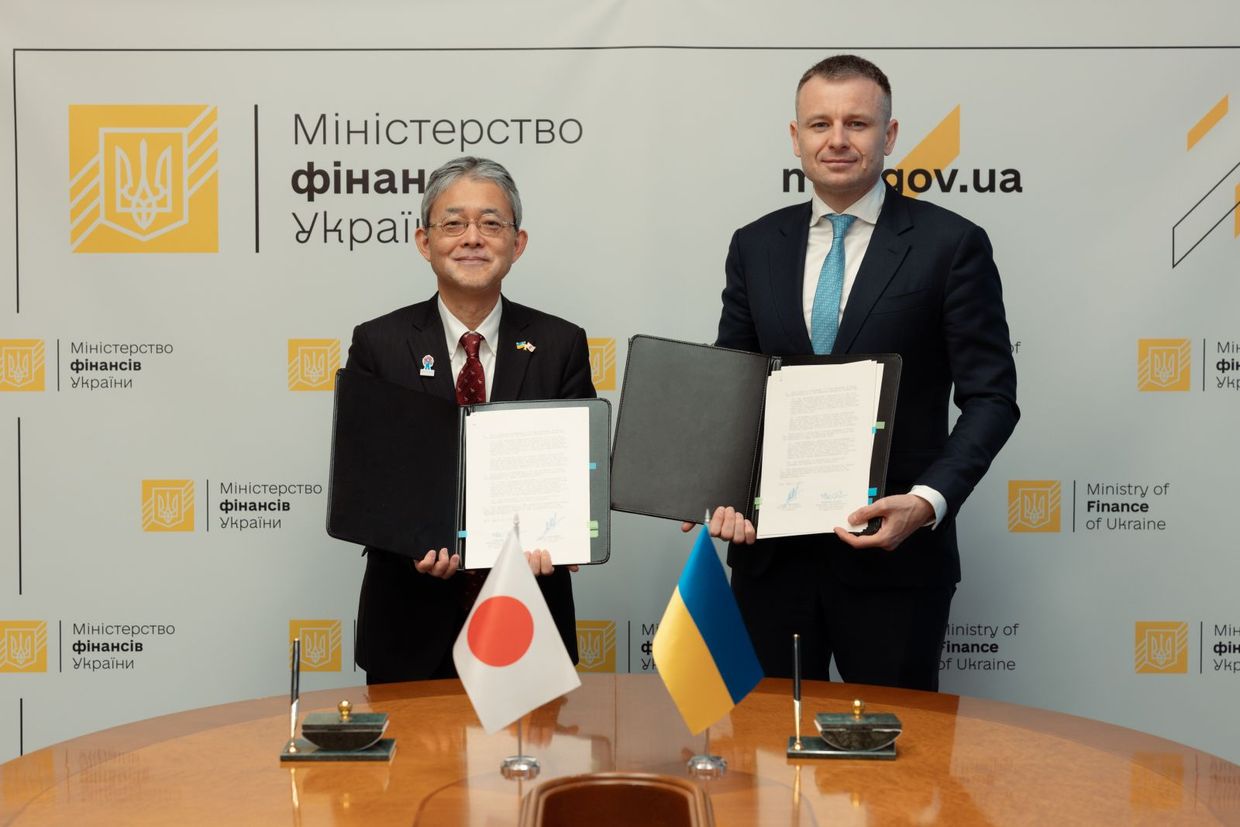
Japan signs deal on $3 billion for Ukraine under G7 loan
Japan's funds will be disbursed over 30 years and directed toward budgetary needs and to support reconstruction and development.

Japan's funds will be disbursed over 30 years and directed toward budgetary needs and to support reconstruction and development.
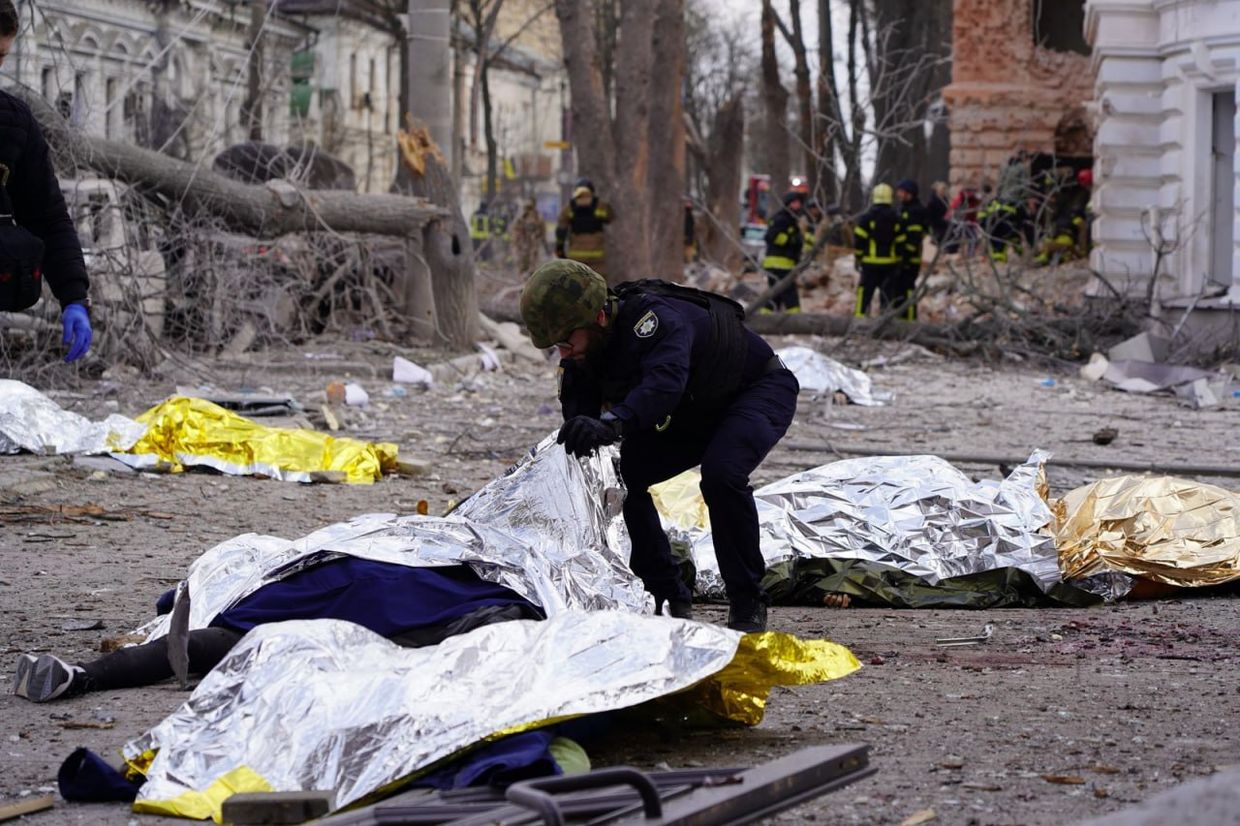
The U.S. has told the other G7 members it would not support a joint statement condemning Russia's deadly attack on Sumy last week so as not to disrupt peace efforts, Bloomberg reported on April 15, citing undisclosed sources.
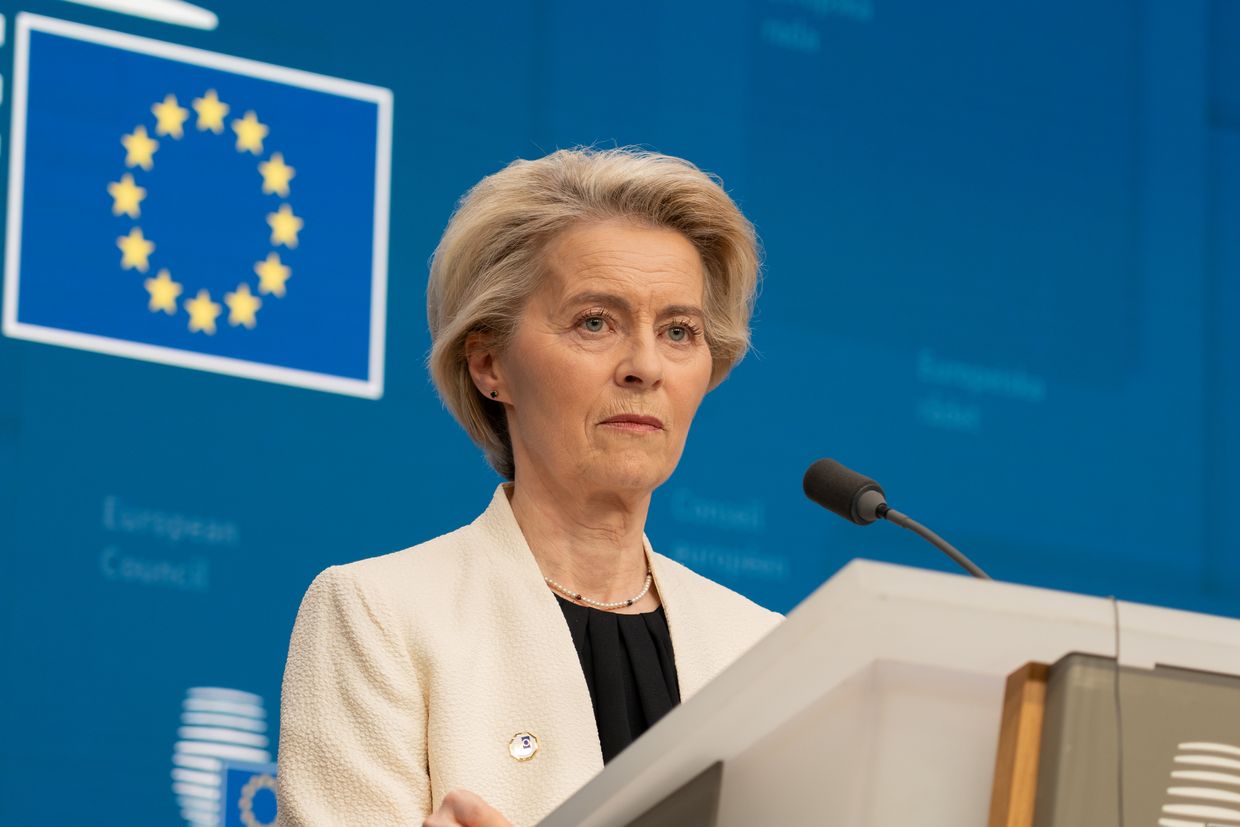
"With today's payment of 1 billion euros, we are reiterating our steadfast commitment to Ukraine. We are helping the country's economy stay on course and rebuild critical infrastructure damaged by Russian aggression," European Commission President Ursula von der Leyen said.
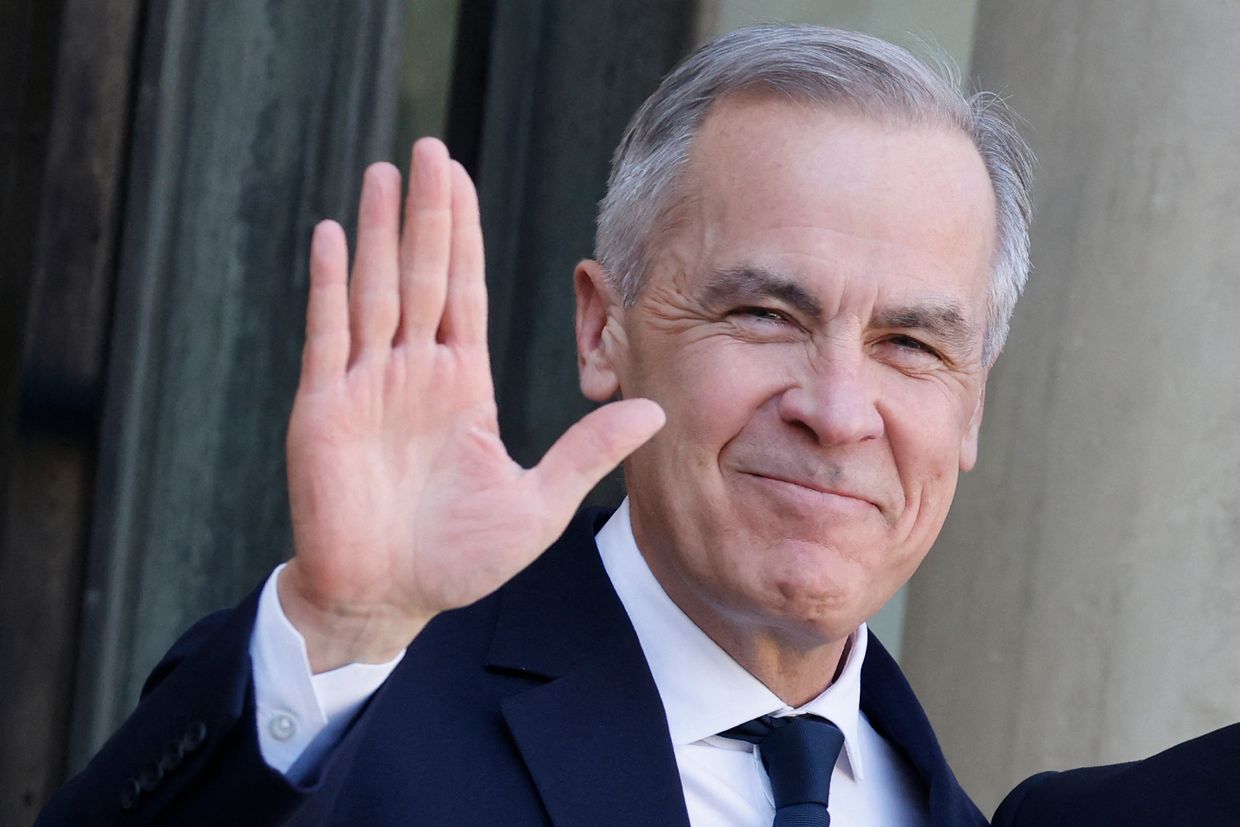
Newly elected Canadian Prime Minister Mark Carney has invited President Volodymyr Zelensky to attend the Group of Seven (G7) summit in June, Le Journal de Quebec reported on March 17, citing a Canadian Foreign Ministry spokesperson.
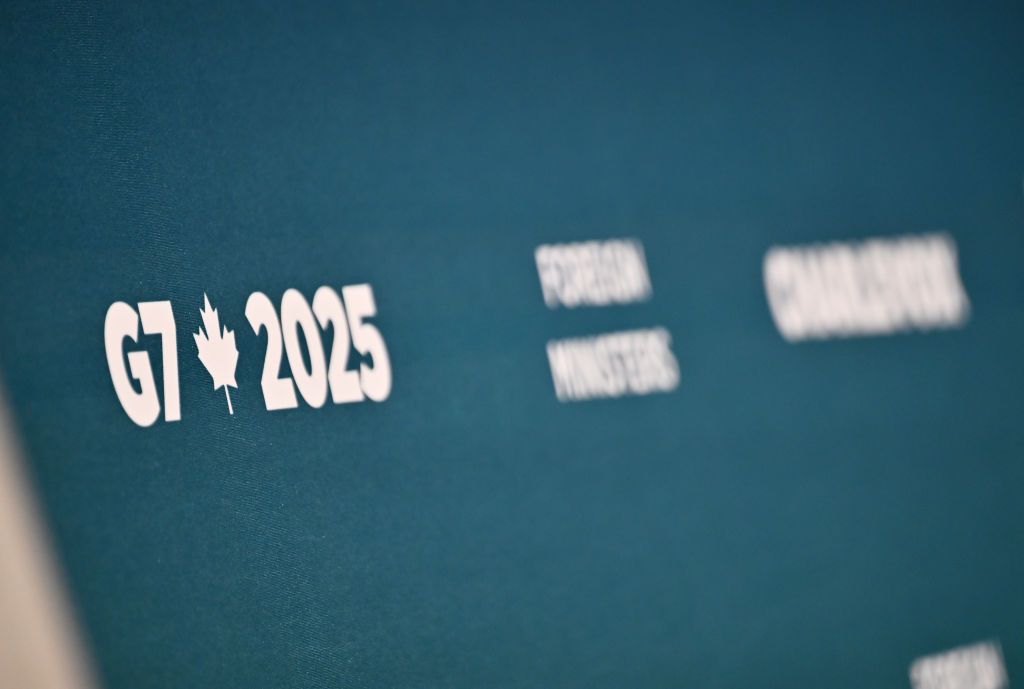
The group’s communiqué, released on March 14, affirmed Ukraine’s "territorial integrity and right to exist," while condemning Russian "acts of aggression." However, its language was softer than the G7 leaders' statement from November 2024.
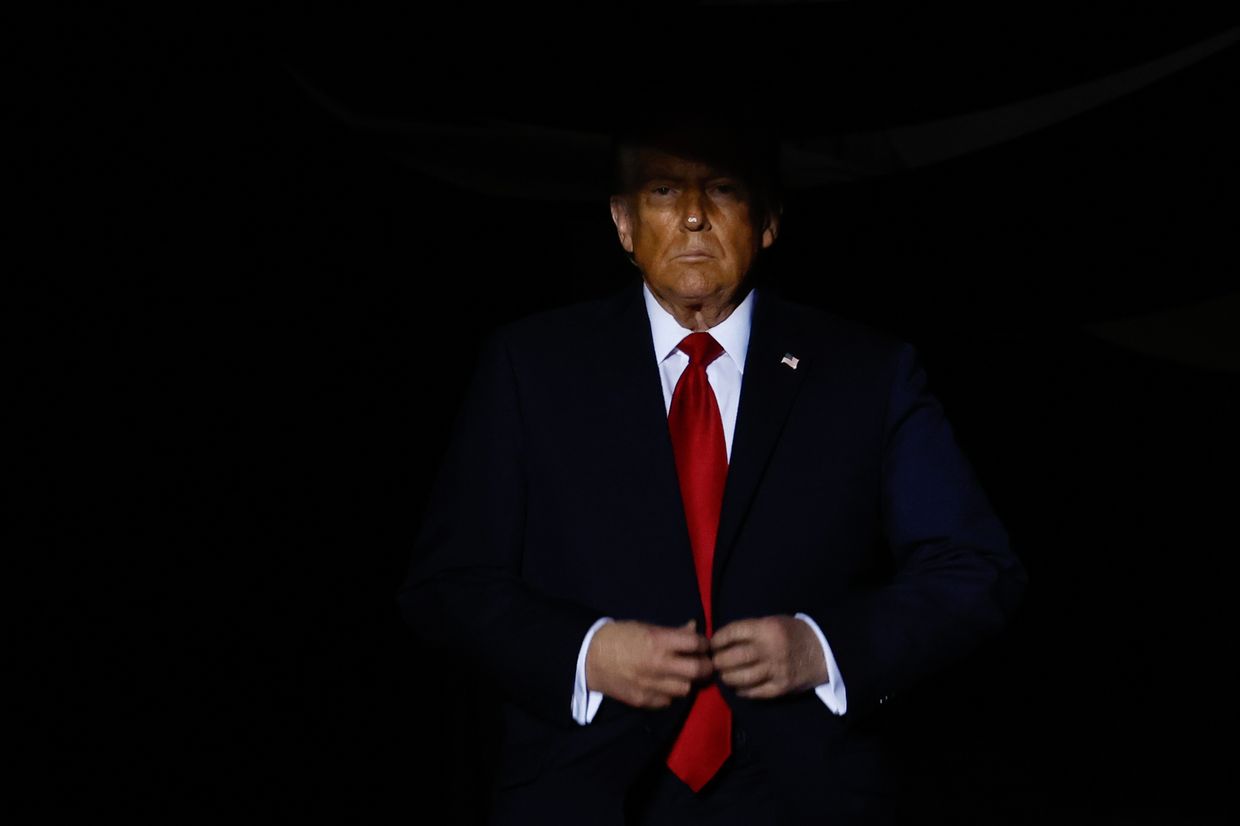
The United States vetoed a Group of Seven (G7) proposal to establish a joint task force that would tackle sanctions evasion related to Russia's 'shadow fleet,' Bloomberg reported on March 8.
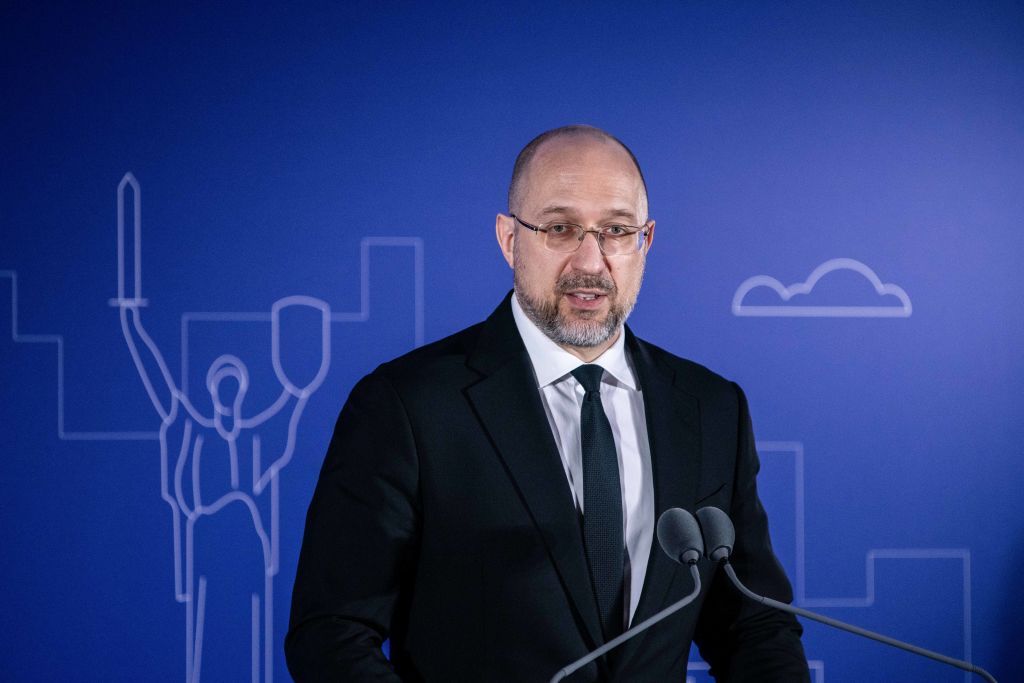
"The funds will go towards strengthening Ukraine's defense capabilities," Prime Minister Denys Shmyhal announced on March 7.
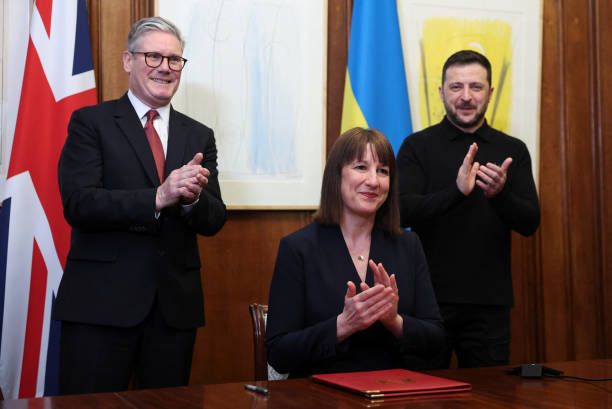
The loan, which is part of the Group of Seven's (G7) Extraordinary Revenue Acceleration (ERA) credit initiative, was signed amid President Volodymyr Zelensky's visit to London to meet with U.K. Prime Minister Keir Starmer.
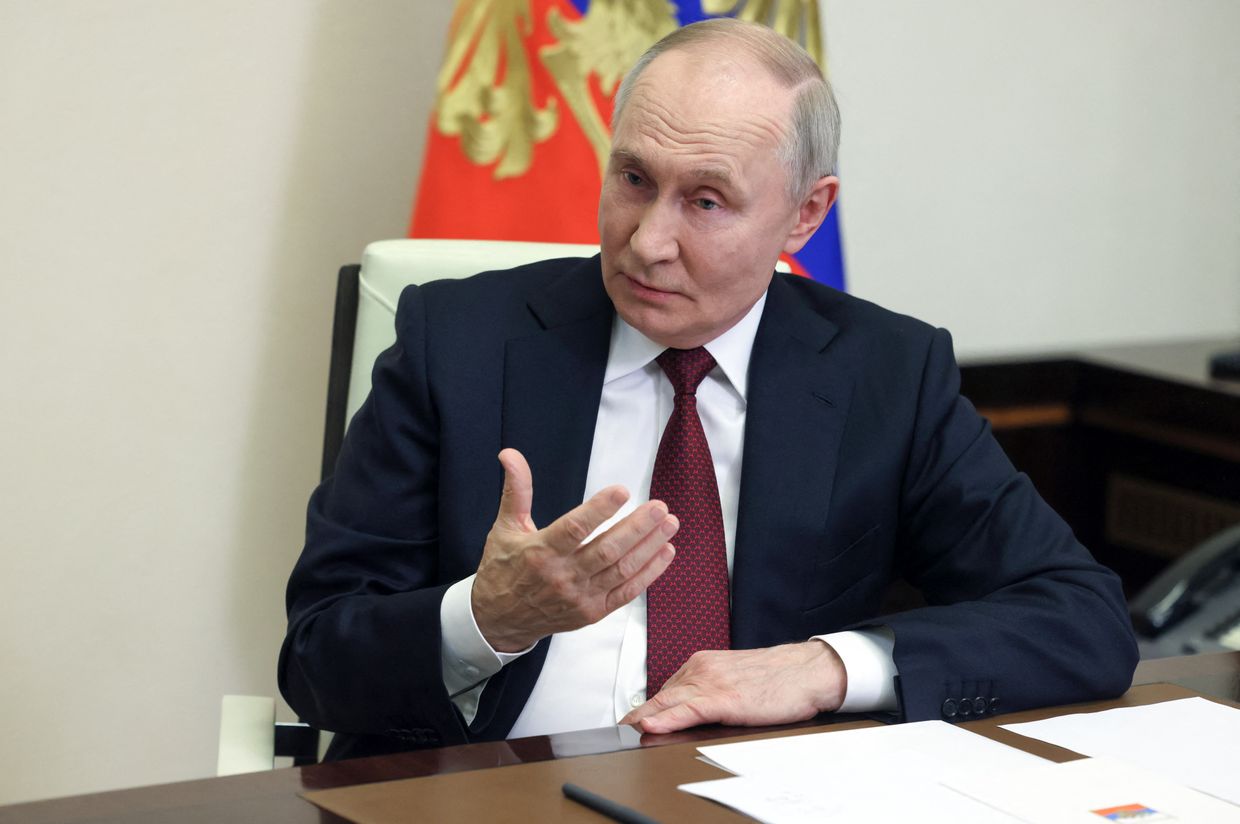
U.S. President Donald Trump said on Feb. 13 that he would "love" to see Russia readmitted into the G7, calling Russia's 2014 expulsion from the group a "mistake."
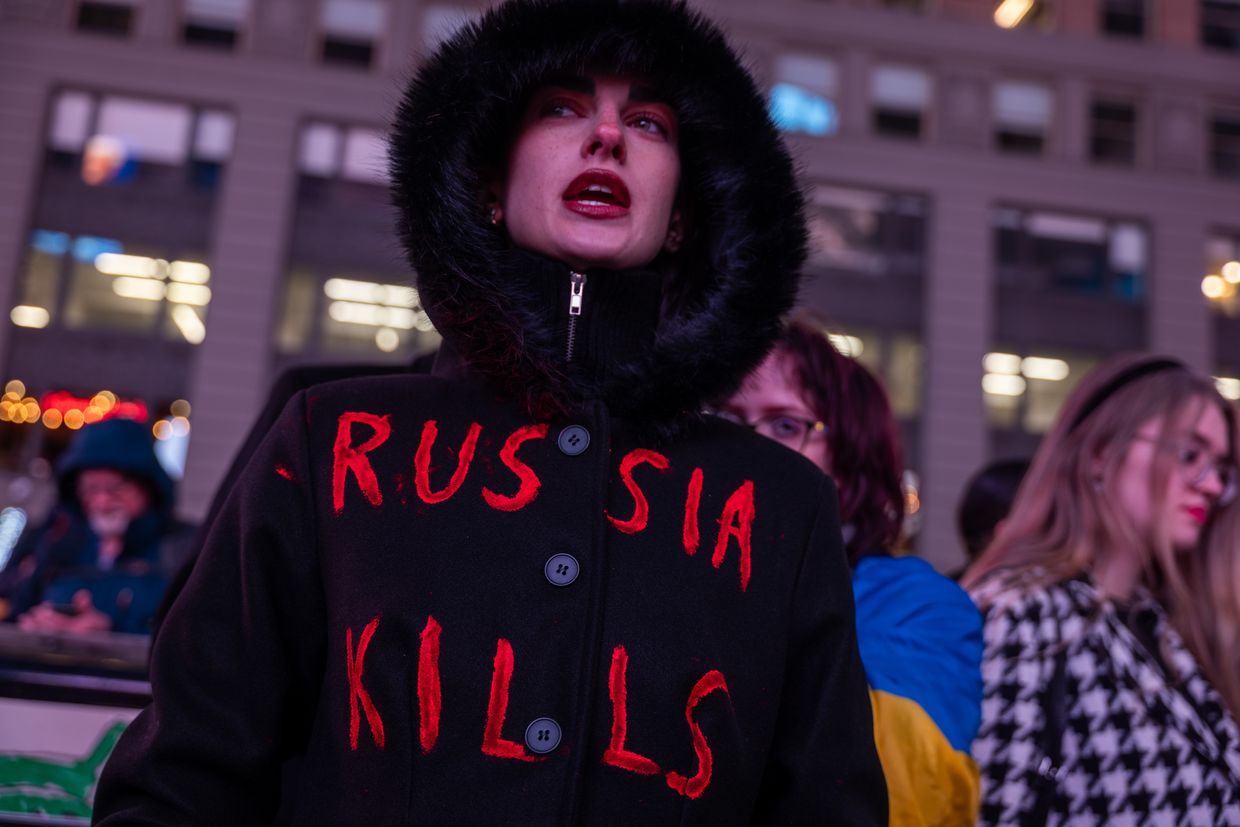
Canadian Foreign Minister Melanie Joly's statement comes after the U.S. voted against the U.N. resolution, which condemns Russia's full-scale invasion on Feb. 24.

"As for Donald Trump... We have just had a conversation. It was a very good conversation within the framework of the G7 meeting led by Canada," President Volodymyr Zelensky said.
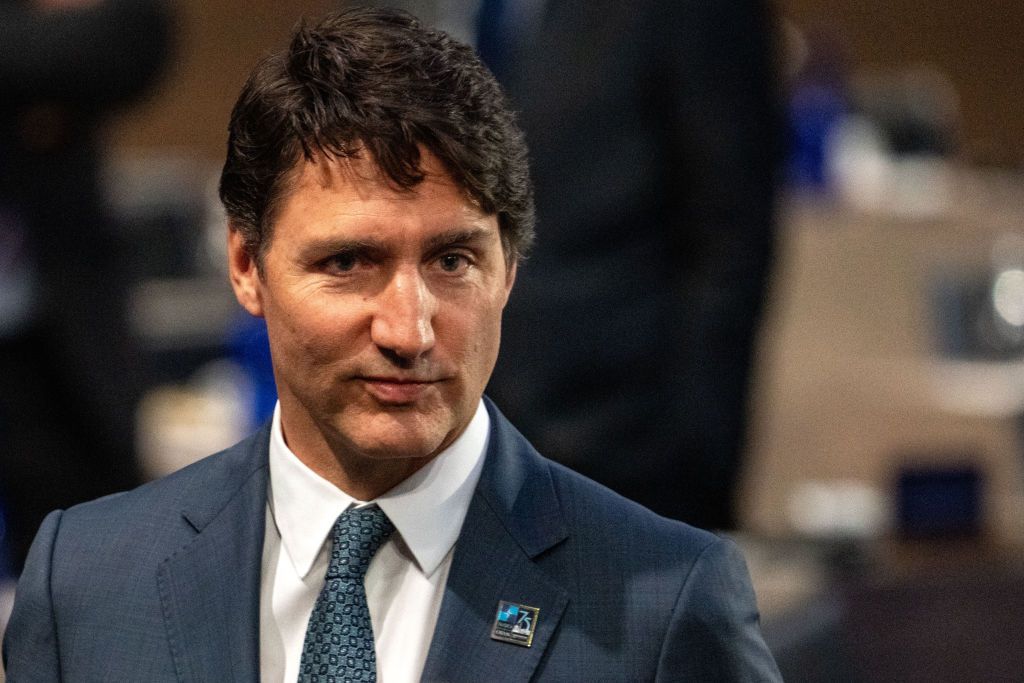
Canadian Prime Minister Justin Trudeau also announced new military assistance, including 25 LAV III infantry fighting vehicles, two combat support vehicles, and four F-16 flight simulators.
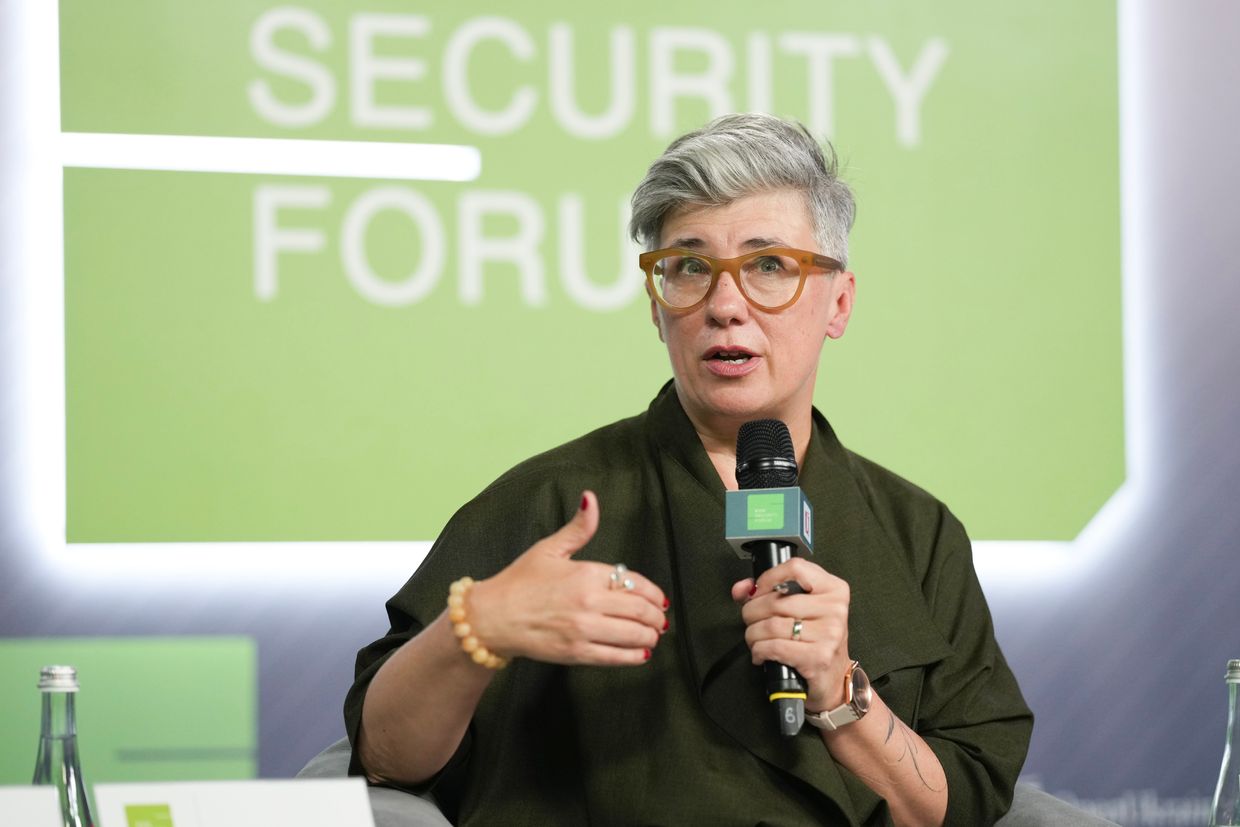
"Canada is not ready for a change in the membership of the G7 and is standing its ground," Canadian Ambassador to Ukraine Natalka Cmoc said.
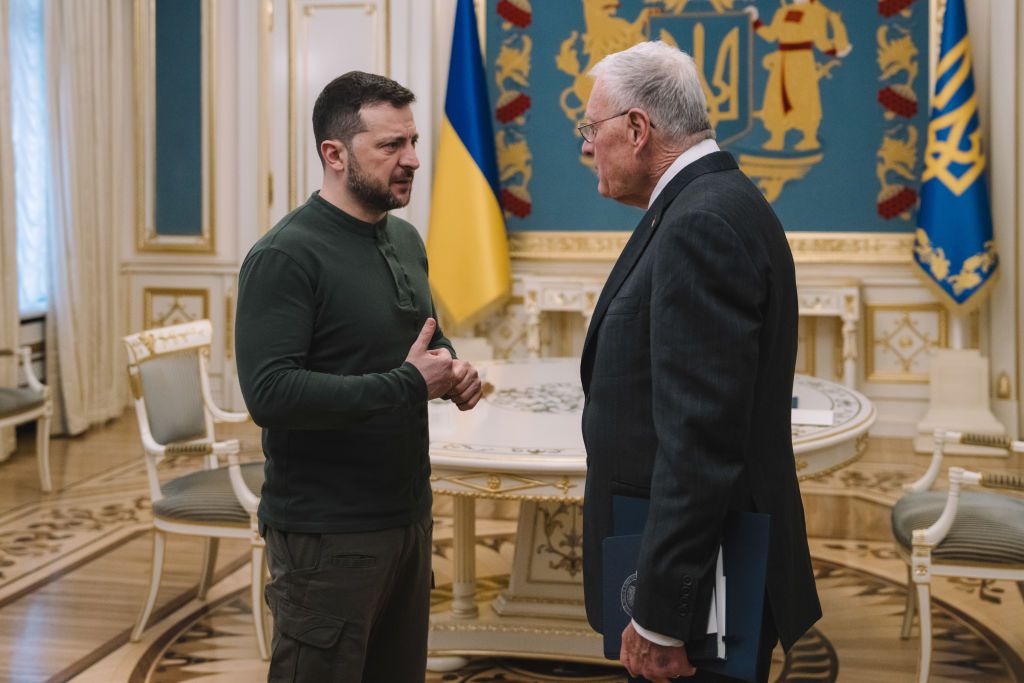
Key developments on Feb. 20: * Zelensky-Kellogg meeting ends with no joint statements at US request, spokesperson says * Starmer to pitch plan on 30,000 European peacekeepers in Ukraine to Trump, Telegraph reports * US refuses to co-sponsor UN resolution condemning Russia, resists labeling Moscow 'aggressor' in G7 statement, media report * Russia
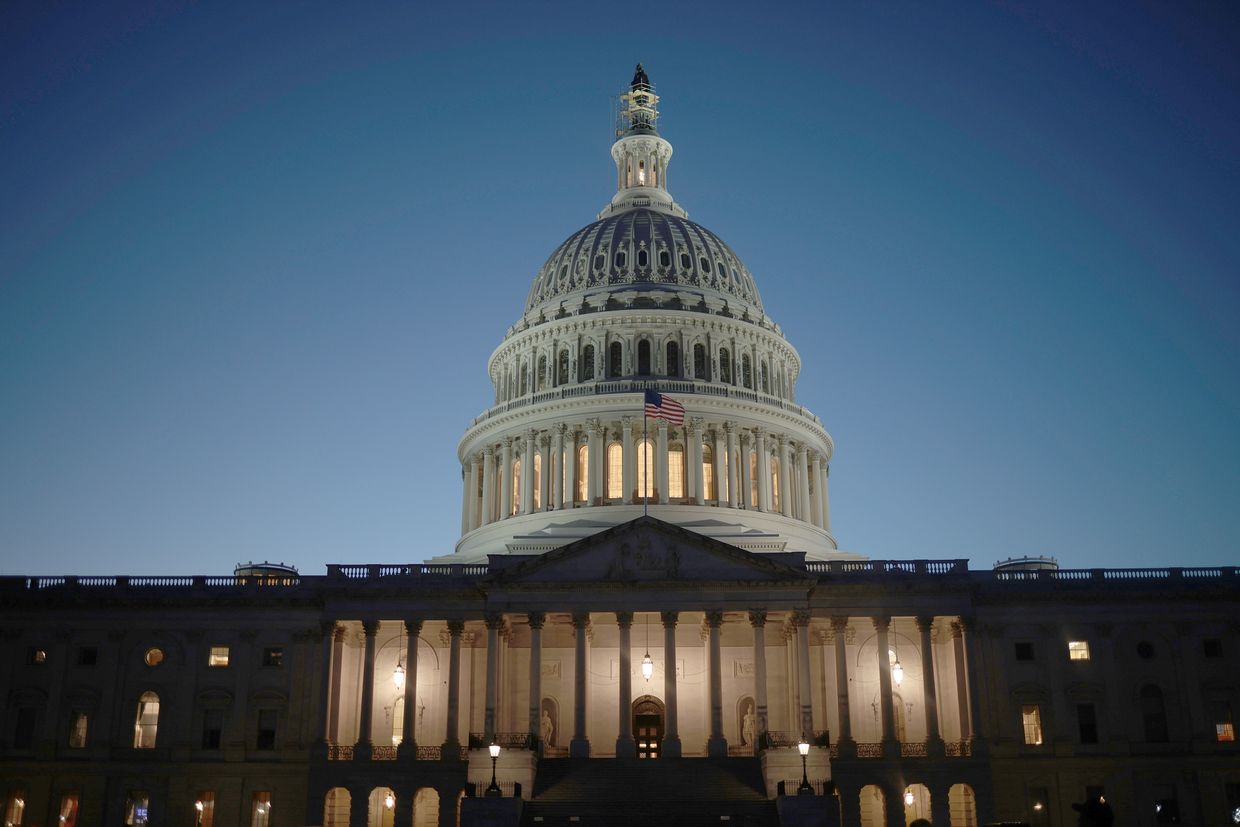
"In previous years, the United States has consistently co-sponsored such resolutions in support of a just peace in Ukraine," a source told Reuters.
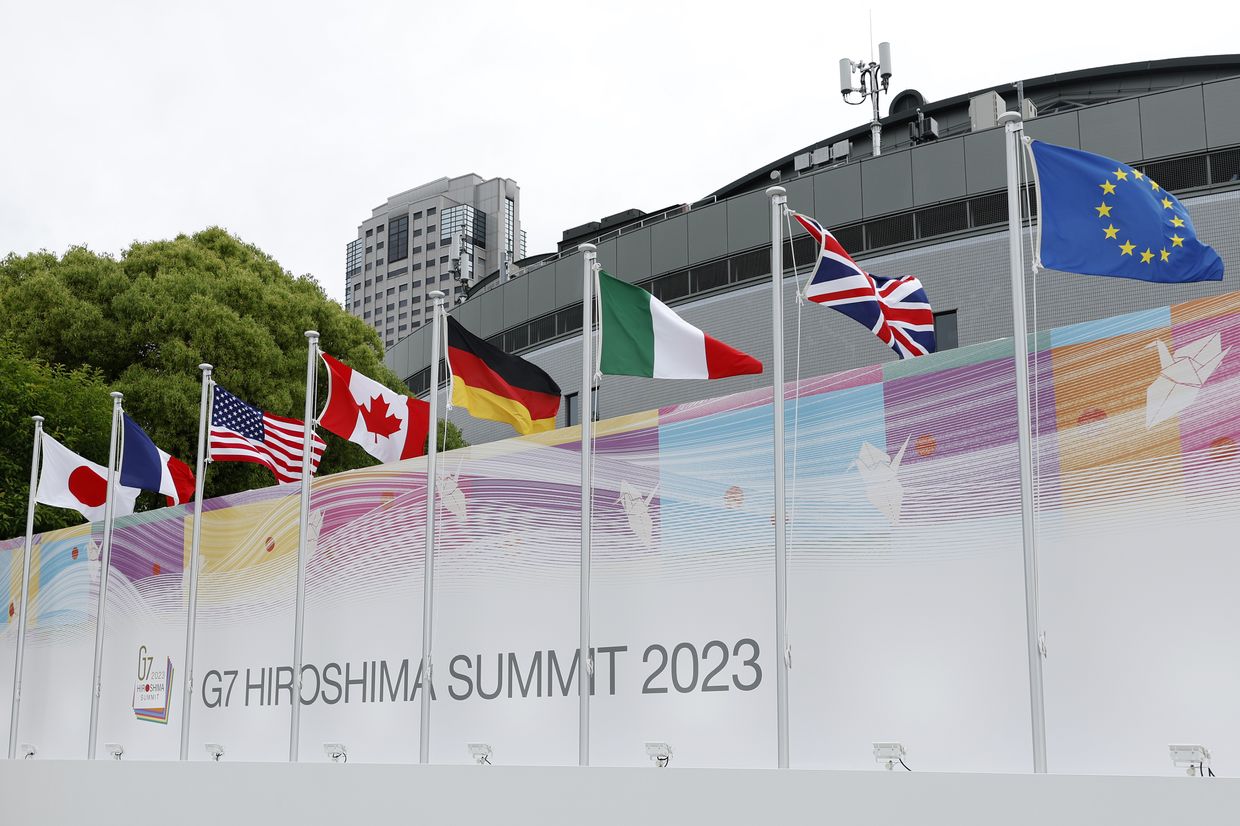
The Group of Seven (G7) countries agreed to link any future tightening of sanctions against Russia to the progress of upcoming peace negotiations, after a meeting on Feb. 15.

U.S. President Donald Trump said on Feb. 13 that he would "love" to see Russia readmitted into the Group of Seven (G7), calling Russia's 2014 expulsion from the group a "mistake."
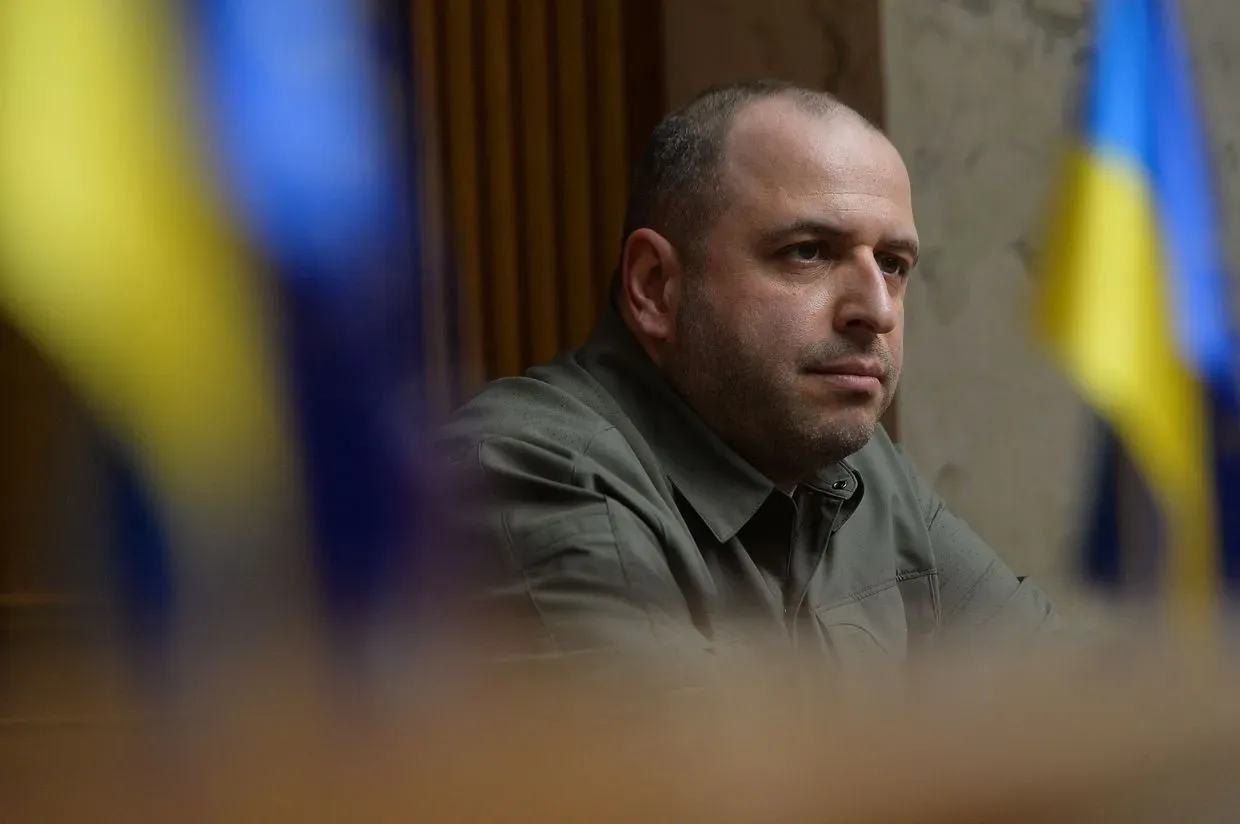
Ambassadors of the Group of Seven (G7) countries called for a quick resolution of the Defense Procurement Agency dispute and urged uninterrupted continuation of weapons procurement, according to their statement on Jan. 27.
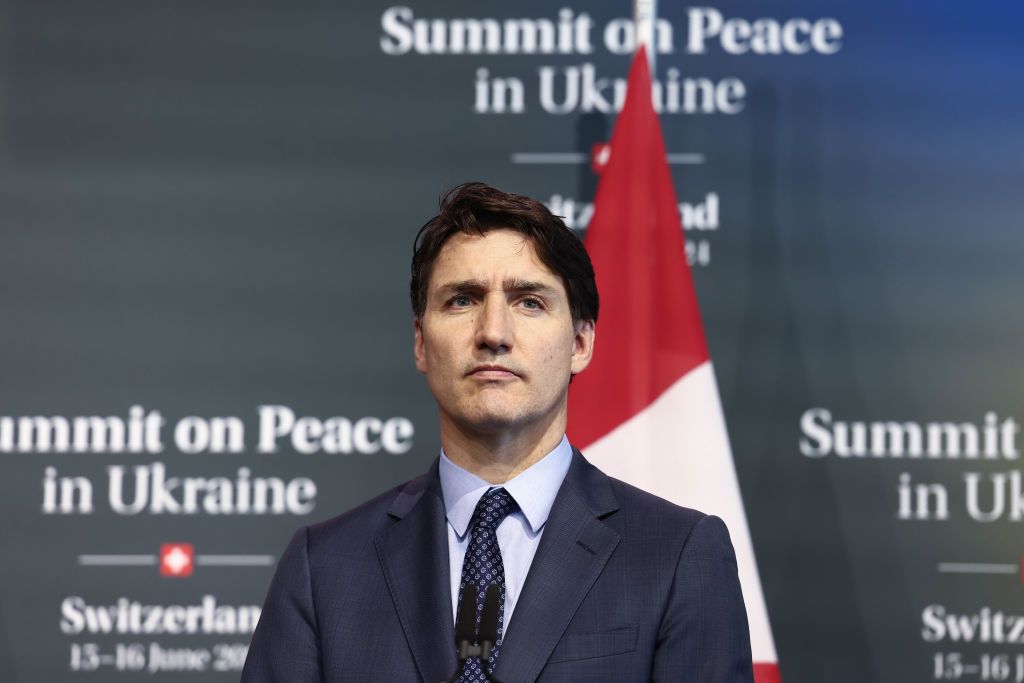
Trudeau has faced mounting pressure from his party, particularly after the abrupt resignation of Deputy Prime Minister and Finance Minister Chrystia Freeland on Dec. 16.
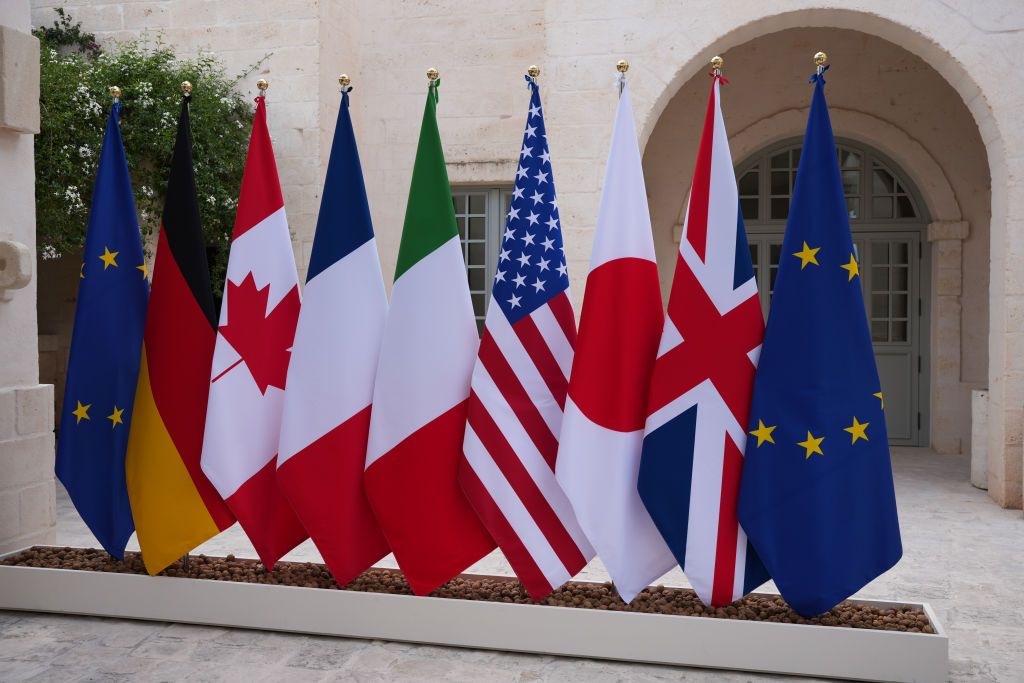
This is the first tranche of the planned $20 billion that the U.S. intends to provide as part of the G7 initiative.
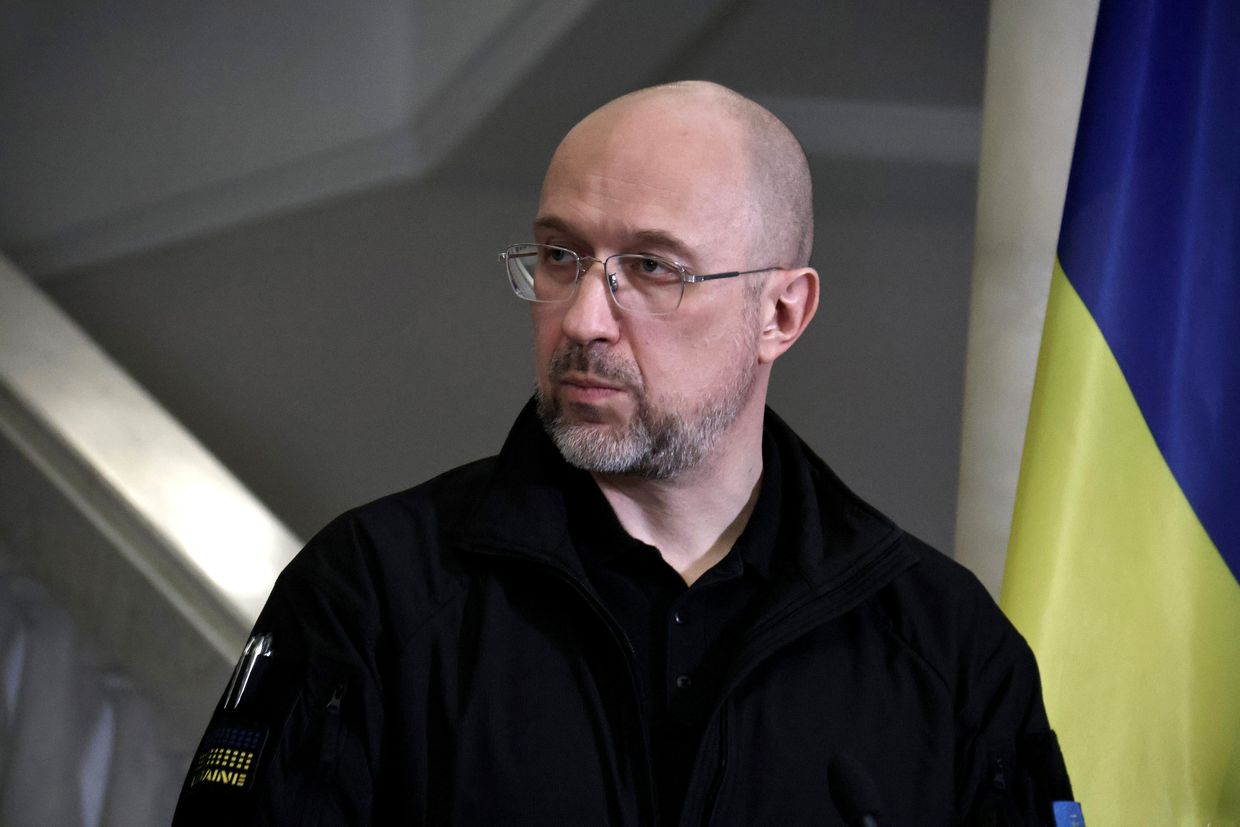
Ukraine is already receiving U.S. funds under the framework of the G7's $50 billion loan covered by profits from frozen Russian assets, Prime Minister Denys Shmyhal said on Dec 20.
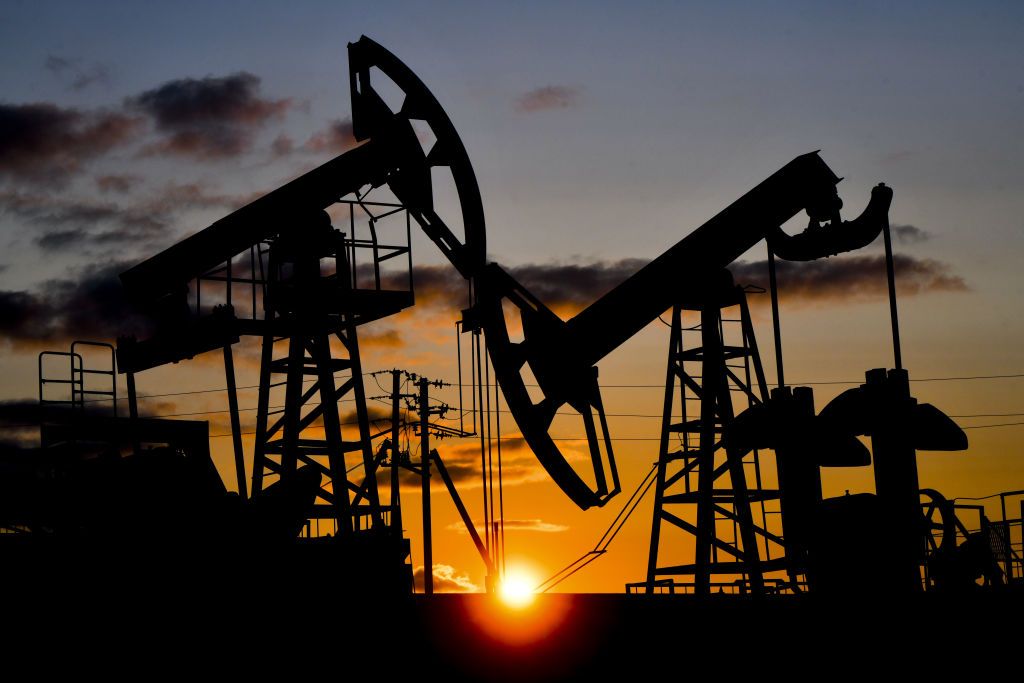
Discussions reportedly include lowering the current $60-per-barrel cap to approximately $40 or even implementing a complete ban on Russian oil supplies.
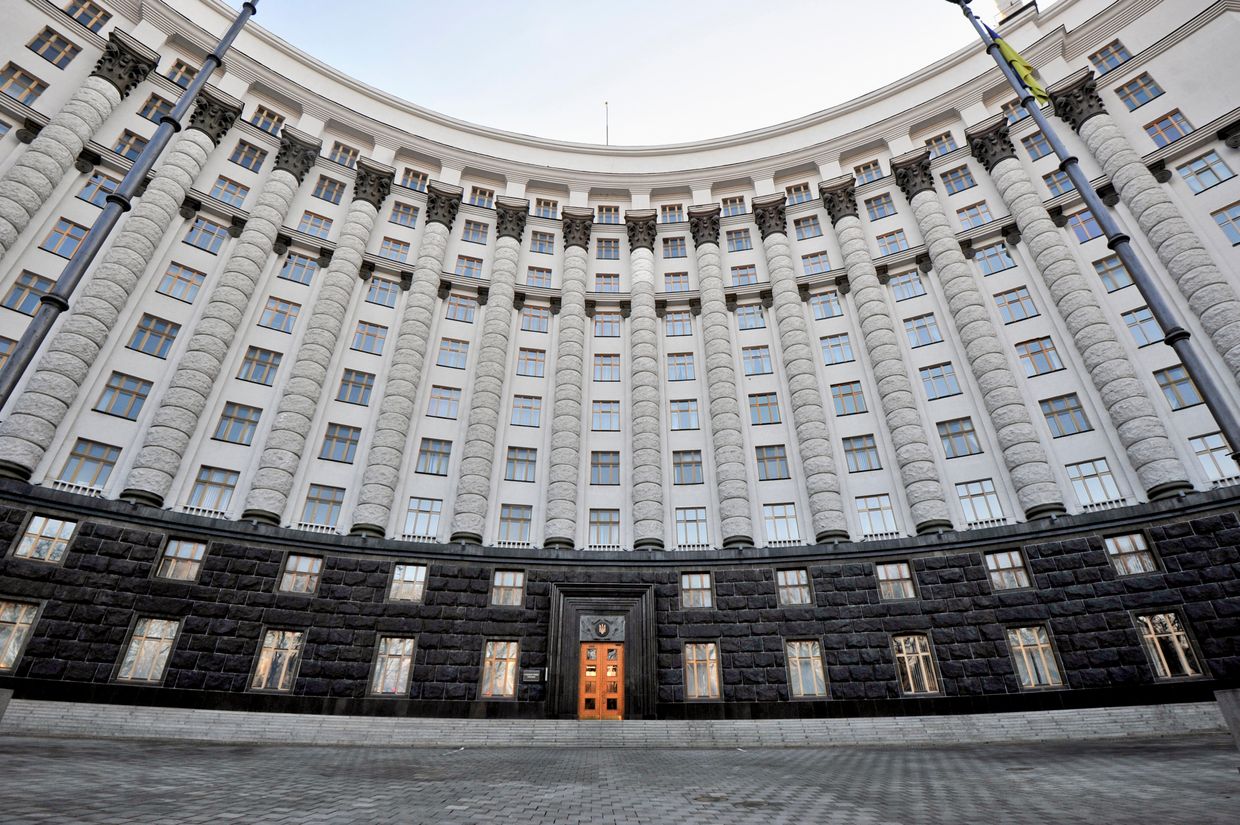
For the next year, Ukraine allocated 26.3% of its gross domestic product (GDP) to defense and security expenditures, including Hr 740 billion ($17.7 billion) for arms purchases and Hr 50 billion ($1.2 billion) on the production and purchase of drones.
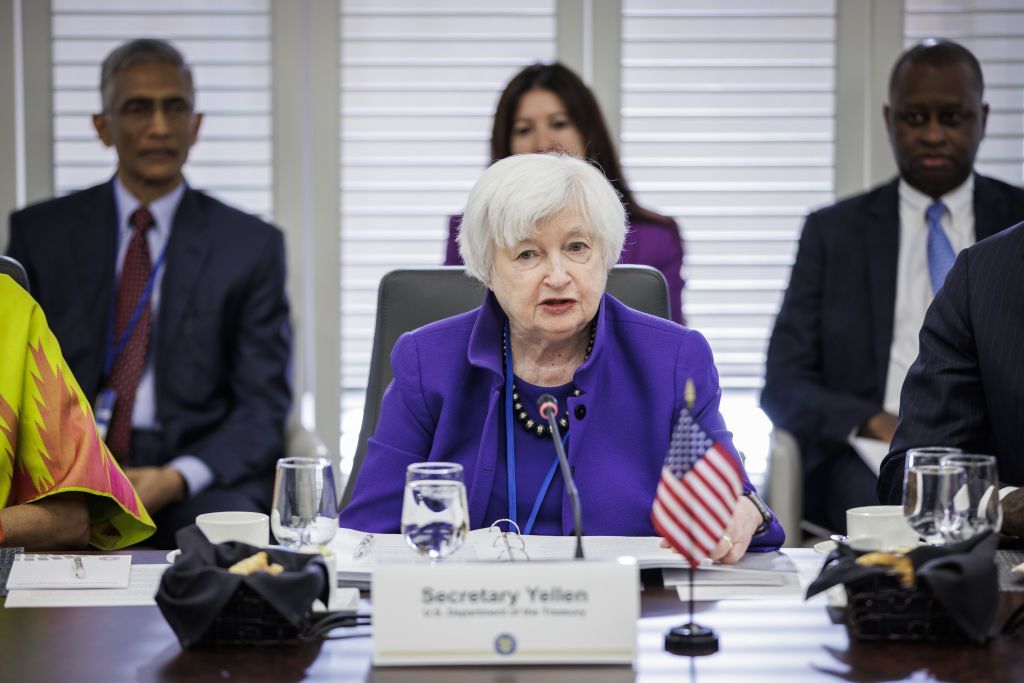
The U.S. Treasury Department announced on Dec. 10 that it will provide $20 billion in loan assistance to Ukraine, marking its contribution to a broader $50 billion initiative supported by G7 countries.

Editor's note: This article is a shortened on-site version of KI Insights' The Week Ahead newsletter covering events from Dec. 9 to Dec. 15. Sign up here to start your week with an agenda of Ukraine-related events, delivered directly to your inbox every Sunday. Romania's newly elected Parliament to set
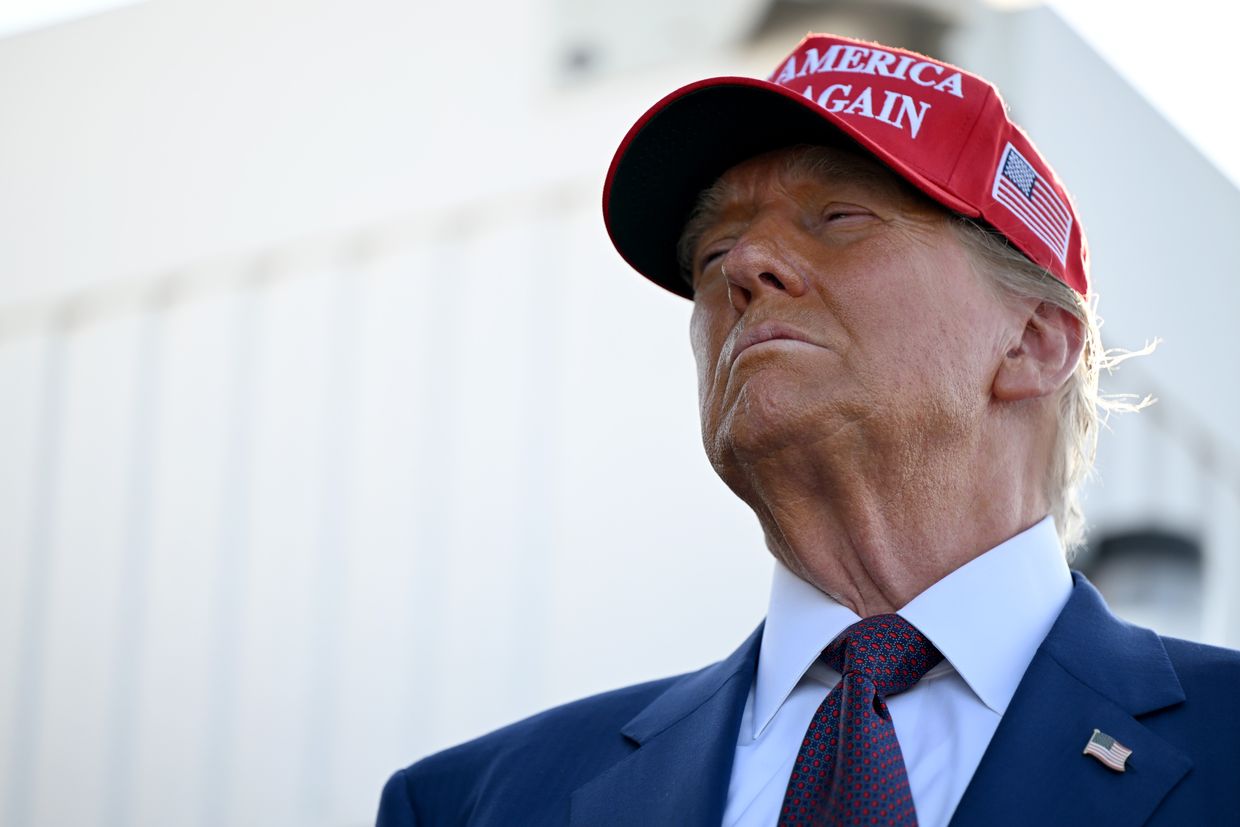
Polish Deputy Finance Minister Pawel Karbownik said on Dec. 4 that the European Union is prepared to compensate if the U.S. withdraws from a $50 billion multilateral loan agreement for Ukraine.
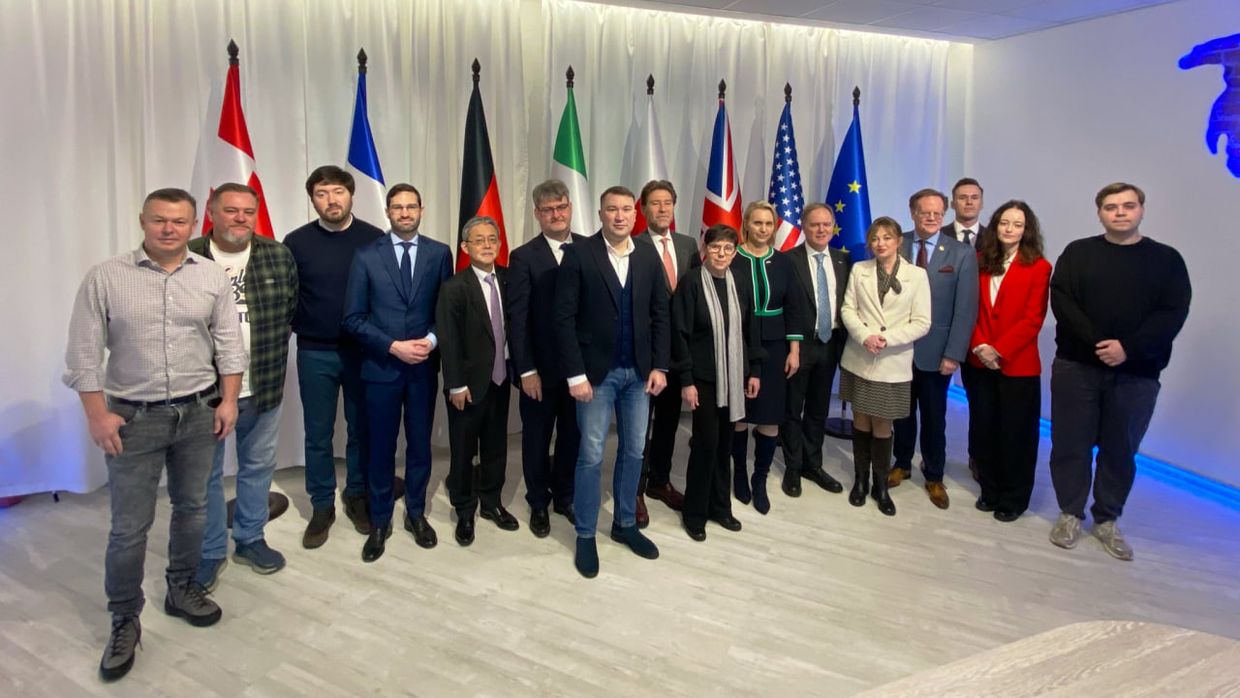
"Press freedom and pluralism are crucial for strengthening democracy, supporting political debate, and advancing Ukraine’s Euro-Atlantic path," the G7's representation in Ukraine said on X.

There are some $4-5 billion of frozen Russian assets in the U.S. and it will be up to President-elect Donald Trump to decide what to do with them when he takes office in January 2025. After Russia’s full-scale invasion of Ukraine, Western nations froze around $300 billion of
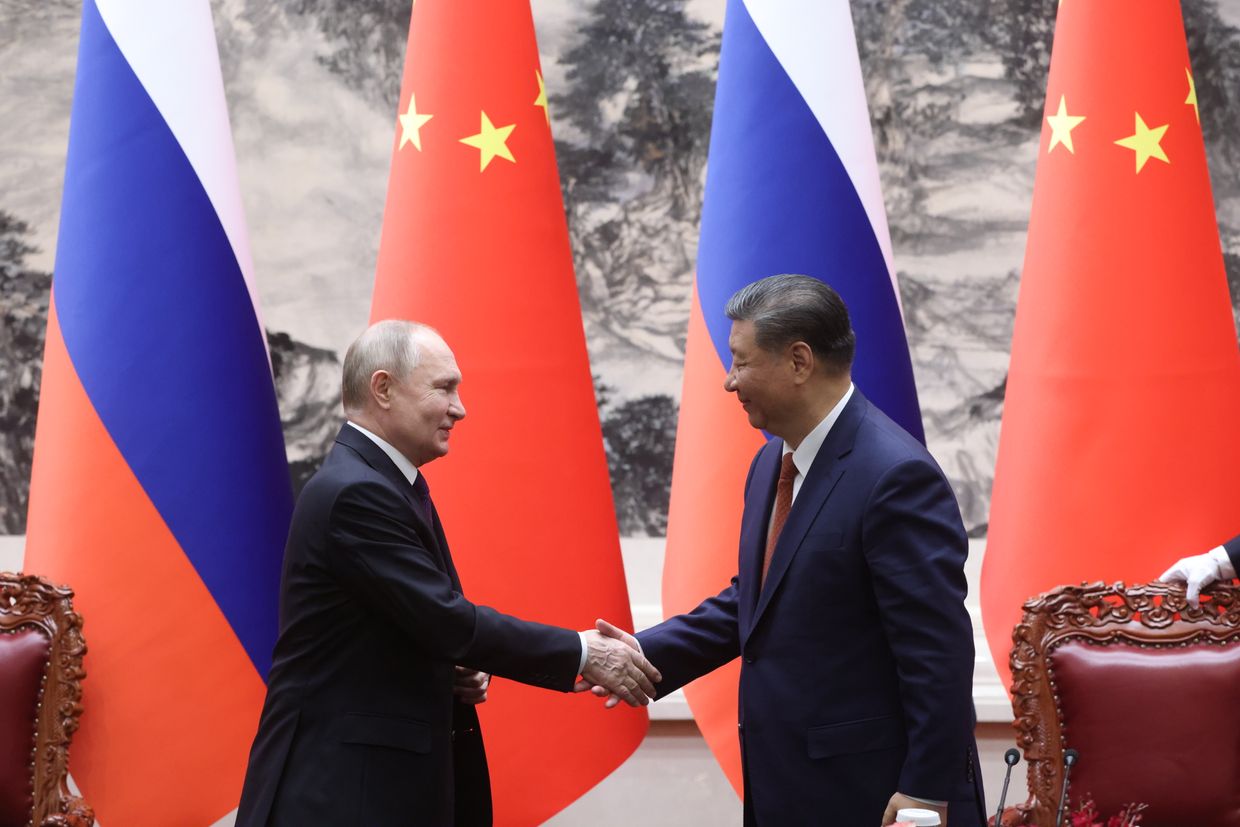
The foreign ministers of Group of Seven (G7) countries are expected to agree to increase diplomatic pressure on China over the country's support for Russia's 'war machine' in Ukraine, Bloomberg reported on Nov. 25, citing an early draft of a communique seen by the publication.
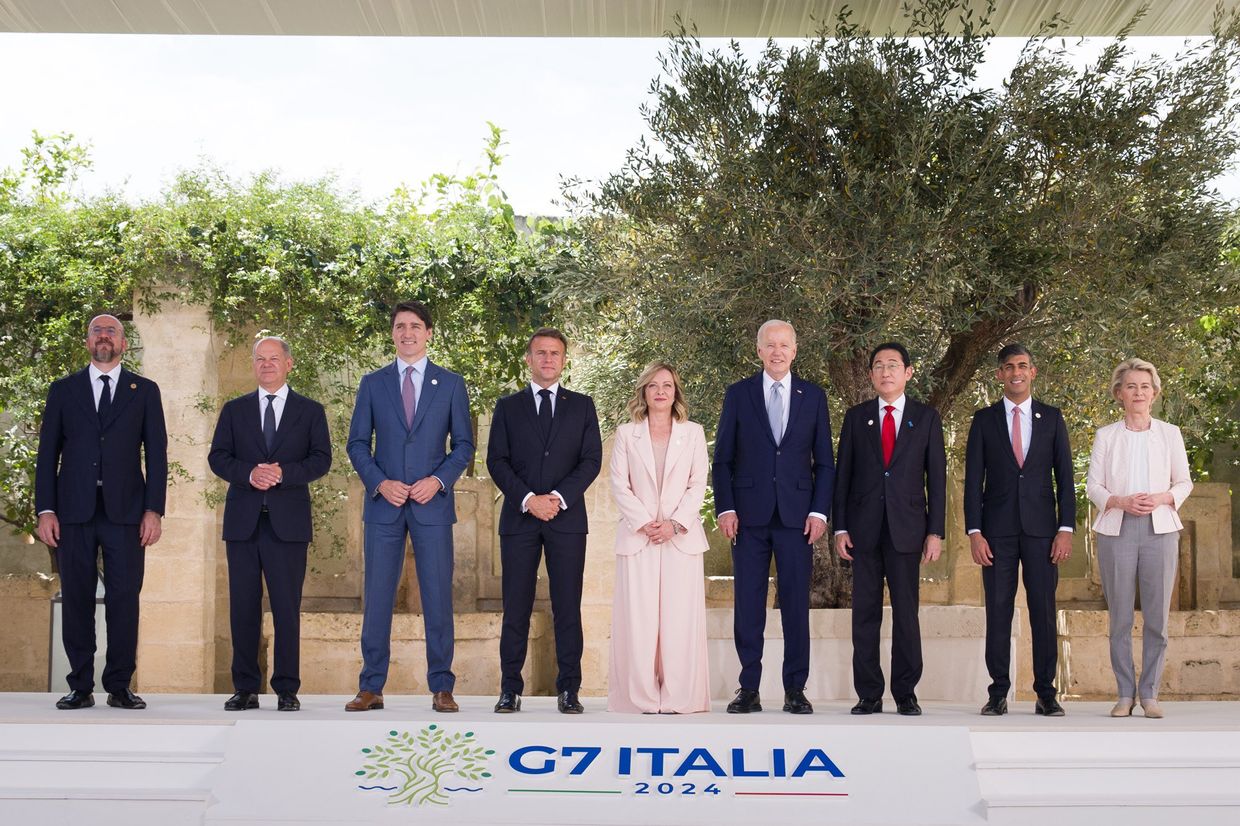
Leaders of the Group of Seven (G7) released a statement reaffirming their "unwavering support for Ukraine for as long as it takes" and commitment to "severe costs" for Russia on Nov. 16.
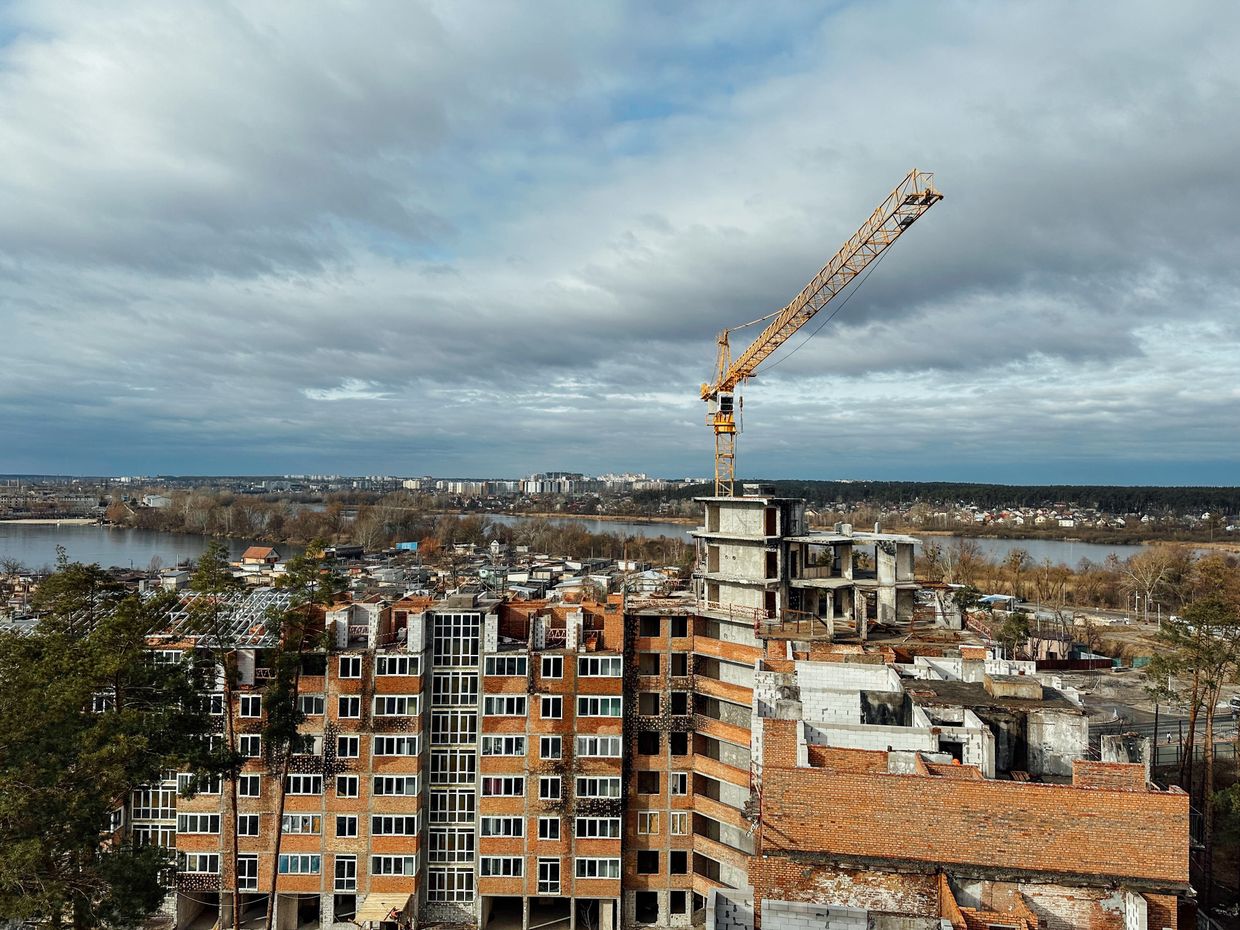
The International Chamber of Commerce (ICC), will lower the costs of its arbitration court for foreign investors involved in Ukraine's reconstruction projects to encourage much-needed investment.

Besides the G7 members, including the U.S., Japan, Italy, the U.K., Germany, France, Canada, and the High Representative of the European Union, the statement was also signed by South Korea, Australia, and New Zealand.



